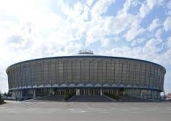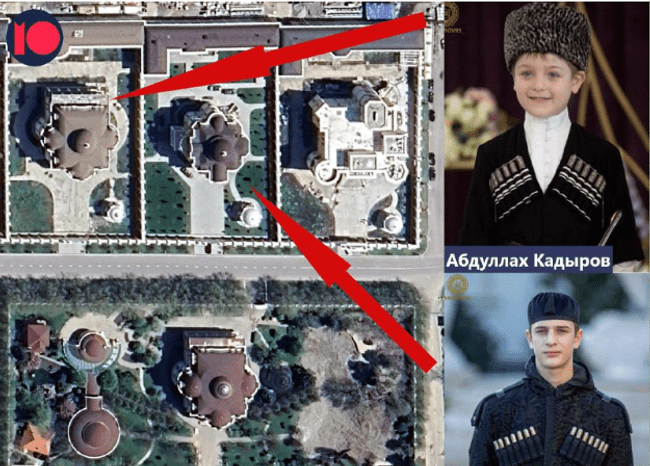Contrary to economic slowdown trends, Romania's modern retail market continues to expand on the back of growing consumption and the entry of new international players into the market, reveals the annual report by real estate consulting company Colliers.
According to the cited report, non-food sales advanced in 2024 by 14% to a record-high, and actual individual consumption exceeded that of Poland and the Czech Republic, reaching 89% of the EU average.
"Although demand is high, the modern retail stock remains undersized, but developers are preparing to hand over in 2025 200,000-plus sqm. Some of the most important projects include the expansion of Mall of Moldova in Iasi city and the reopening of Agora Mall in Arad. With these plans underway, Romania is becoming increasingly attractive for retail investments and is consolidating its position on the regional market, despite macroeconomic challenges and the uncertain climate," the Colliers report states. In addition, NEPI Rockcastle, Iulius and Prime Kapital/MAS REI are returning to the development of large-scale dominant shopping centers of over 100,000 sqm of leasable area, after having focused on retail parks for a while.
As much as 167,000 sqm of new modern retail spaces were delivered in 2024, down from 221,000 sqm in the previous year. Even in this context the market remained dynamic, topping the annual average of the last decade, estimated at 140,000 sqm. Comparatively, during the pandemic years, economic uncertainties reduced handovers below 100,000 sqm in both 2021 and 2022. Pitesti was the Romanian city with the highest retail space deliveries in 2024, reinforcing the developers' tendency to focus on small and medium-sized cities. The most important projects completed in 2024 were in Pitesti, specifically the 51,000 sqm-wide Arges Mall developed by Prime Kapital/MAS REI, and M Pitesti Park, developed by M Core, with 24,000 sqm. It thus results that almost half of the new modern retail stock was handed over in just one city with 140,000 residents, which shows the increased interest in these regional markets.
However, in the coming years the market will undergo a change of direction, real estate consultants emphasize, explaining that as developers turn their attention to large cities, where large-scale retail schemes are in preparation, the sector's dynamics will change.
There is also the possibility that Bucharest returns to the attention of large investors with one or two large-scale projects in the near future or extensions of existing centers.
"Despite the modest growth of Romanian economy in 2024, estimated at less than 1% of GDP, this does not reflect a decline in consumption. On the contrary, non-food retail sales increased by approximately 14% in volume, hitting a new all-time high. Official data for 2024 is not yet available, but Eurostat indicates that in 2023 actual individual consumption - an indicator that measures the actual amount of goods and services households use, not the amounts spent - reached 89% of the EU average. This is the highest level in Central and Eastern Europe, surpassing even Poland and the Czech Republic," explained Simina Niculita, Colliers Partner & Head of Retail Agency, as cited in the release.
According to her, nominal spending indicators confirm this upward trend.
"A relevant segment is that of clothing and footwear, which represents a major component of the tenant mix in shopping centers. This category continues to be a driver of the expansion of modern retail, reflecting both changes in consumer behavior and the attractiveness of the local market for investors," said the cited expert.
In the last 15 years, per capita spending in Romania increased significantly from one-sixth of Germany's level to 20% below that of the largest European economy, an evolution that reflects a constant improvement in the households' purchasing power, Colliers consultants emphasize.
Although this advance has a negative impact on the balance of payments, since Romania imports a large part of the goods purchased by the population, from the consumer's perspective the phenomenon is more sustainable than in the previous decade because unlike in previous years, consumption growth is no longer predominantly fueled by consumer credit, which reflects a more balanced economy and a consolidated purchasing power.
The company's consultants expect the 2024 upward trend in sales to have a positive impact on sales-based rents, while total volumes remain above pre-pandemic levels.
Colliers is a global leader in real estate advisory and investment management services.
































Comentează